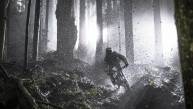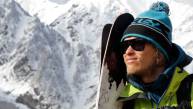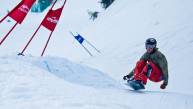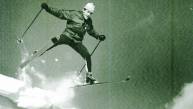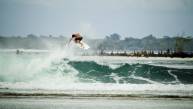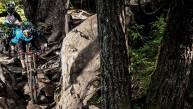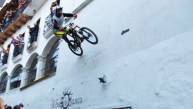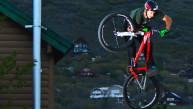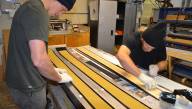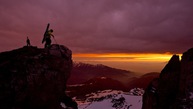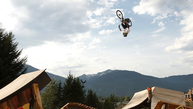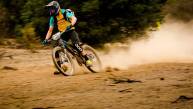Candance Shadley had one goal: get more women on mountain bikes. Over the past fourteen years, she’s done just that. As founder of the Trek Dirt Series, Shadley’s vision for women’s-specific mountain bike camps has enabled 10,000 women (and counting) to develop and hone their bike skills. With an emphasis on a progression-based curriculum, the two-day clinics are held across North America. Often, the clinics sell out, leading to waitlists that run sixty people deep. We caught up with Shadley to get her thoughts on what makes women’s clinics so popular and why everyone benefits from more ladies on bikes.
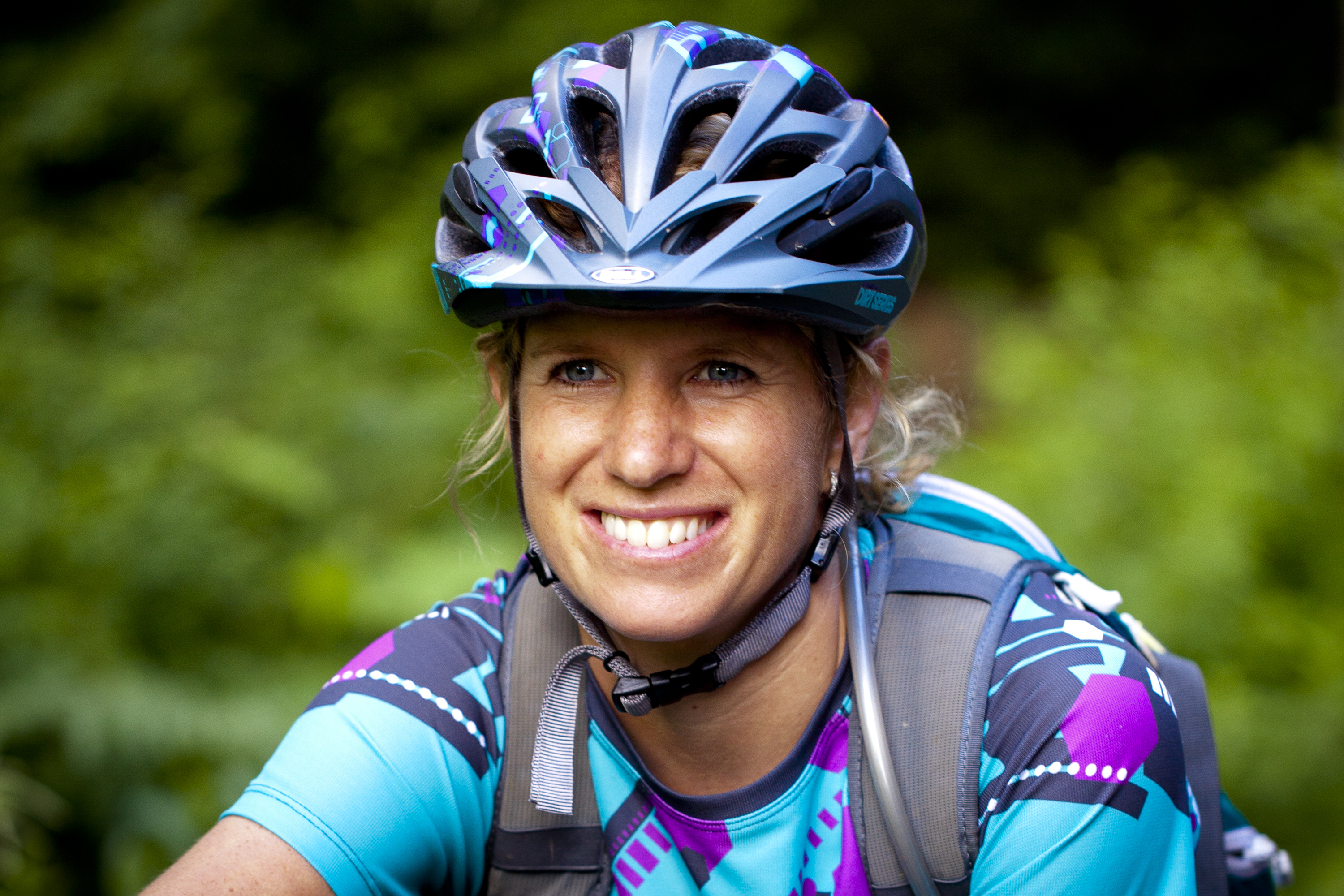 All smiles from Candance for the Trek Dirt Series. Photo by Justa Jescova.
All smiles from Candance for the Trek Dirt Series. Photo by Justa Jescova.
The Dirt Series was one of the first women’s-specific riding camps and is sold out at nearly every stop. To what do you attribute its continued success?
It’s the camp I would want to take if I went to a camp. We work so hard to make every stop the absolute best it could be. Every single camp, every day, every skill session, every participant is the most important one ever. I think that’s the same for the coaches. They are there for the participants. You see them at lunchtime, and they’re sitting with the participants, asking them about their day. It feels great to be there. That’s really important. If you’re a woman and you go to something where you feel like you matter, you want to tell your friends about your positive experiences. It’s a self-perpetuating cycle.
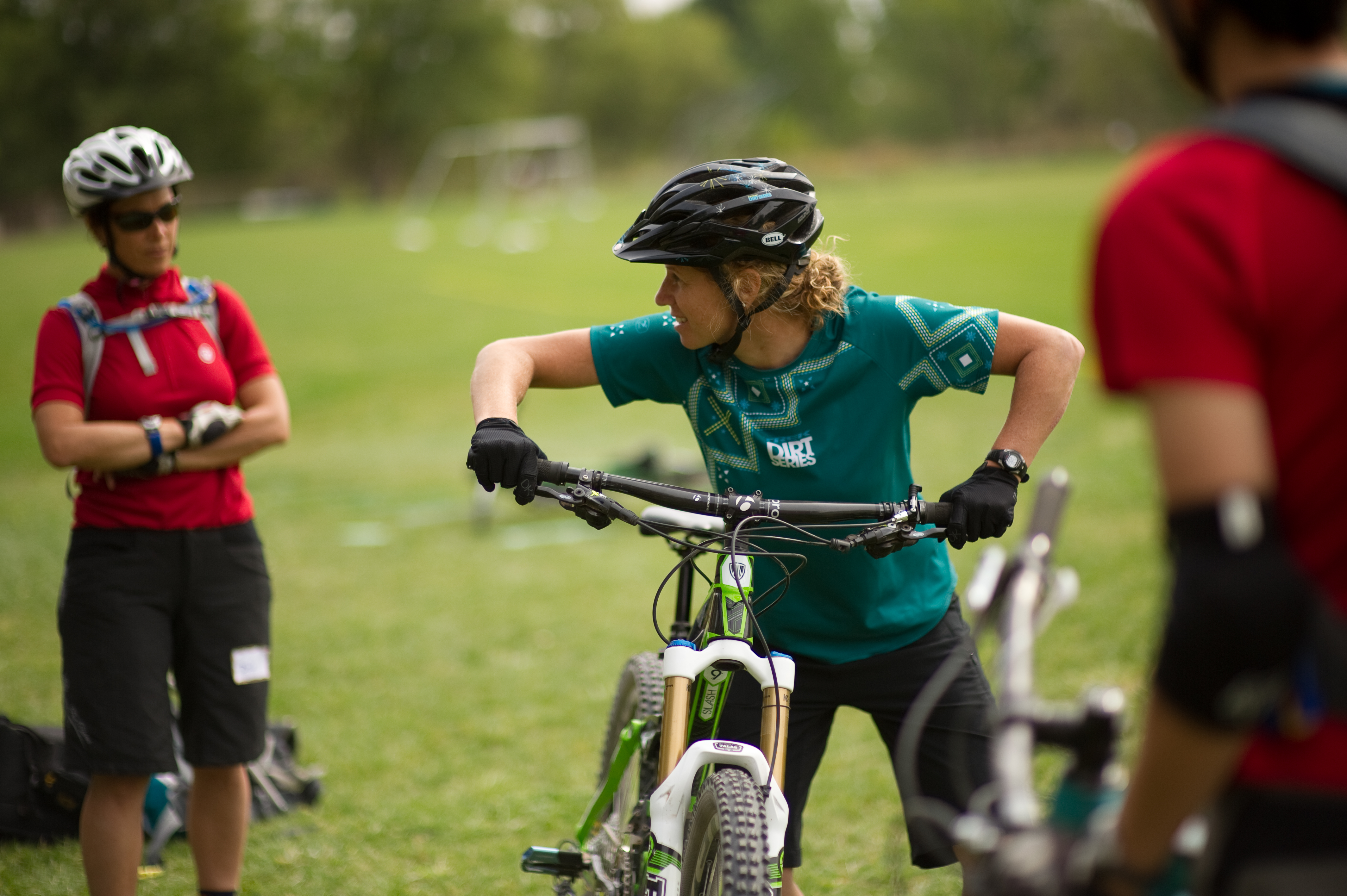 An instructor goes over technique at a clinic. Photo by Anne Keller.
An instructor goes over technique at a clinic. Photo by Anne Keller.
What was your motive for starting the Dirt Series in the first place?
I never set out to make a business of it, but when you put your heart and soul into something you love doing and are willing to work hard, it just happens that way. When I started the program, I was working for Cycling B.C. We were looking at the numbers of women competing in cross-country and downhill, and the numbers were really low. A big reason, we thought, was that women didn’t think they had the technical skills to compete. We asked, “What happens if we put together a technical skills camp in these areas before the actual races?” There were so many women coming to these skill camps that weren’t interested in competing, and we saw a huge demand for instruction. It became a program of its own. We had three camps and 100 people in our first year. Now we have nineteen camps, and we can’t keep up with the demand.
How do women benefit from a gender-specific sports camp?
First off, you have a woman coach. Being surrounded by peers you can identify with and seeing another woman do something that you want to do really helps. It’s inspiring and motivating. Also, our instruction is really analytical. Not every woman learns the same way, but, to generalize, women are more analytical learners than men. A woman will ask, “Where do I look? Where do I brake? What do I do when I get to this rock? Can you show me again?” That level of instruction is the norm. It’s this sort of analysis women need to be comfortable and overcome the mental obstacles.
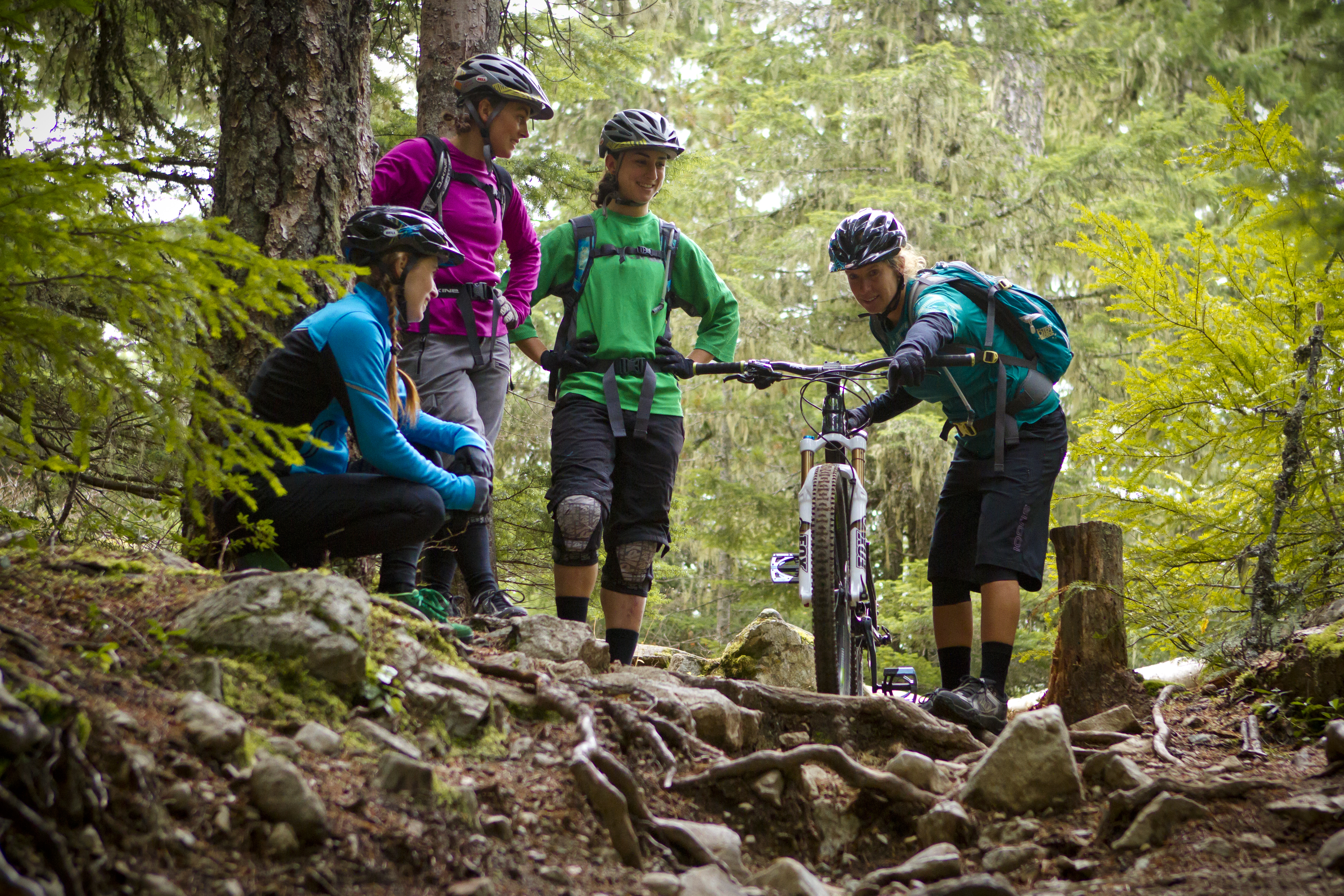 If only we could see the line she is pointing out . . . Photo by Justa Jeskova.
If only we could see the line she is pointing out . . . Photo by Justa Jeskova.
It seems as if the Dirt Series clinics are based more around building relationships on trust and support than learning the hard, technical skills of riding a bike. Is that an intentional part of the Dirt Series curriculum?
Yes. One-hundred percent. You develop trust with the participants, with the coaches, with the bikes through peer support and progression. You can learn, develop, grow, and overcome your fears. I think this really extends through everyday life. People leave camp on a high note, more confident to tackle everyday challenges. Yes, it’s cool to get down a rock face or get down a technical section, but the best part is that feeling of accomplishment and taking it to everything else you do in life.
How do you see the mountain bike industry changing on the women’s side?
I think this has been happening for a while, but companies want to meet the needs of female mountain bikers. They want to have the gear and the programs and see this part of the industry grow. It’s a good time to be a woman in mountain biking.
 More women-specific gear is helping women progress even further. Photo by Logan Swayze.
More women-specific gear is helping women progress even further. Photo by Logan Swayze.
It seems like every woman has a traumatic story about biking with a guy. How do you see that affecting the participation of women in mountain biking?
Almost all of us have started biking because of a guy, for some reason or another. Overall, guys are doing us more benefit than damage. For us, they help increase our clientele for women’s mountain bike programs. We get emails from guys that say, “Thank you. I don’t know what you did, but my wife loves mountain biking so much. I’ve tried so hard to get her into it for years.”
For more information on the Trek Dirt Series, visit www.dirtseries.com




